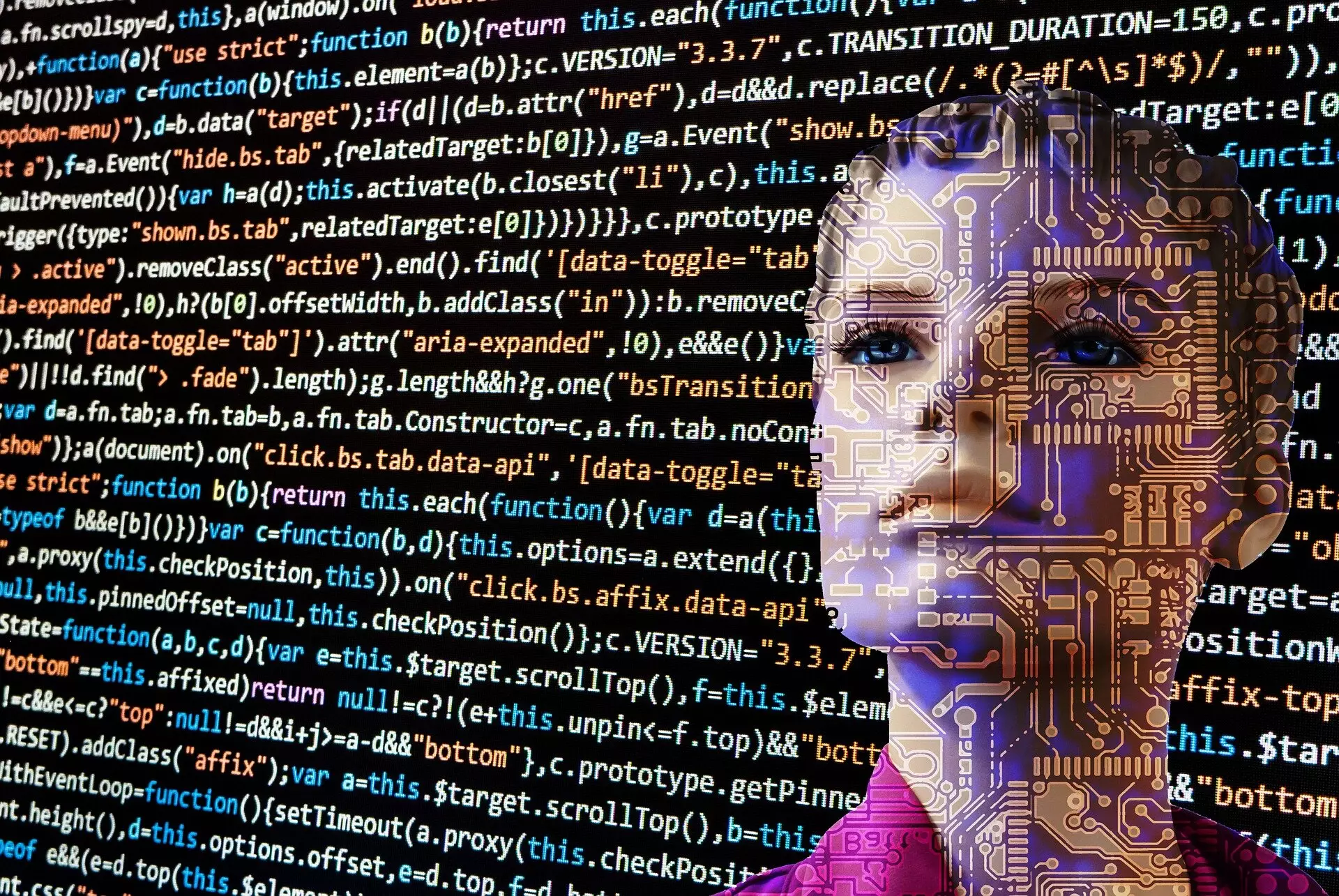Generative AI marks a significant departure from “traditional” AI by creating novel content such as text, video, images, and music, as opposed to relying on predetermined rules and patterns. This ability allows generative AI to think outside the box and potentially reshape various sectors of society. While discussions around AI often focus on whether it will bring more benefits or risks, recent research highlights the importance of embracing the paradoxes associated with AI to gain a clearer understanding of its implications.
Historically, digital technologies have favored more educated workers, leading to the displacement of less-skilled individuals through automation. However, generative AI presents a shift by enhancing human capabilities rather than replacing them. Studies suggest that AI tools like chat assistants and programming aids can boost productivity and job satisfaction, particularly among less-skilled workers. Despite these advancements, disparities in access to AI technologies could exacerbate existing inequalities, leaving those without the necessary digital infrastructure or skills behind.
Generative AI holds great promise in revolutionizing the education sector by offering personalized and real-time instructional support through chatbot tutors. This technology can cater to individual learning needs, promoting adaptability and efficiency in education. However, careful implementation is crucial to prevent biases from seeping into educational settings. Gender disparities in technology usage, for example, could impact academic achievement and contribute to future workforce gender gaps if not addressed.
In healthcare, generative AI can assist practitioners in making informed decisions during diagnosis, prognosis, and other medical processes. By augmenting human judgment, AI has the potential to reduce workloads, increase accessibility to medical care, and improve overall performance. However, there are concerns about AI’s impact on expert physicians’ diagnostic capabilities, as some studies have shown instances of incorrect diagnoses that highlight the importance of a balanced integration approach that complements human expertise.
The use of generative AI in content creation raises questions about its potential to exacerbate or mitigate the spread of misinformation. While AI can personalize user experiences and enhance content accessibility, there is a risk of it being exploited for surveillance or manipulative purposes. The rise of advanced deepfakes and targeted disinformation campaigns underscore the need for robust regulatory frameworks that prioritize social equity, consumer protection, and the prevention of AI-generated misinformation.
Shaping Future Policies
As policymakers grapple with regulating generative AI, it is crucial to strike a balance between fostering innovation and safeguarding societal interests. The focus should be on creating equitable tax structures, empowering workers, protecting consumer data, supporting human-complementary AI research, and combating the spread of misinformation. These efforts aim to address socioeconomic inequalities and ensure that AI serves as a force for positive change rather than a tool for exploitation.
The current era stands at a critical juncture where decisions around AI adoption and regulation will have far-reaching consequences for future generations. Individuals, organizations, and policymakers all bear the responsibility of steering AI technology towards ethical and beneficial applications. By collectively embracing the potential of generative AI while mitigating its risks, we can shape a future where innovation serves the common good and fosters a more equitable society.


Leave a Reply